13. It’s how you react to errors that is important
“One big difference between normal players and Champions is the way a Champion reacts to an error”
“You don’t have to play perfect Badminton to win matches. Just make fewer mistakes than your opponent”
These quotes are from Roger Mills an All England Champion, but I’m sure many other Champions have said and thought this.
- When I was younger I thought that every error was a bad thing. I tried to play perfect badminton, it never happened.
- When I first started as a Badminton Coach, I tried to eradicate all errors in my players, again it never happened.
I wish I’d learnt to live with (even love) errors.
I certainly needed to react differently.
Players
The errors I’m talking about are those that upset your mind, make it impossible for you to follow your game plan or worst still, take your mind somewhere else other than the game
Coaches
How do you react to your players making errors? Can you separate out the different types of errors they make?
Your reaction to an error can have an enormous effect on you, the match, your opponent, your coaching session, and your pupil.
If you want to read the longer version of this post click on this image and jump to 6 Ways to take a different look at errors
– – – – – – – – – – – – – – – –
Coaching – how I changed
Rather than dismissing every error, I started to look more at what was actually happening.
Then I finally realised that errors could tell me many things and my coaching became far more effective. I became less str
What did I see …… ?
1. errors that were ‘forced’ by the opponent
2. errors that resulted from tactical choices
3. errors caused by the situation, the score in the game, the players’ mind
4. errors that seem to happen every time a particular stroke was used
5. errors caused by fatigue
Do you think that there are any other types of ‘errors’
Tips for Players
- Not every error you make is your fault (no.1 )
- You will make a choice in a rally and it won’t always be correct, but use that knowledge and try again (no.2)
- At certain times in a match, you may make strange/different choices, look out for these moments and prepare for them (no.3)
- No matter how positive you are, if you have a critical technical fault you will be more prone to making a mistake… Talk with your coach about this (no.4)
- Just because you can practice perfectly (rally for 2mins without a mistake) it really will NOT guarantee you are great in competition. Do you agree ?????
- It’s almost impossible to play ‘perfect’ badminton and its a goal not worth chasing. Instead, try to make fewer errors than your opponent 🙂
Tips for Coaches
- Learn to study a match and realise what are unforced and forced errors. Sometimes your players will be forced into making a mistake… Consider this and adapt your response (no.1)
- If you don’t incorporate tactical (real game tactics) into your sessions, then your players will make some choices that you don’t feel are appropriate. Think about the number of player lead decisions you incorporate into a weekly practice (no.2)
- Can you identify those moments in a game when emotions play a big part in the things your player does, how do they react at those times? (no.3)
- It NOT important that your players can perform perfectly for 2 min rallies in practice. It’s important that they can react to a mistake immediately and in a positive adaptable way. Train them to cope not to be perfect.
- Understand that critical technical faults will affect the outcome of a rally, learn to technically error-proof your players and banish ‘classic technical faults’ no.4
Players don’t intend to make mistakes
so be relaxed when they happen and consider the cause, then start working on a plan.
Be aware repetition isn’t always the cure
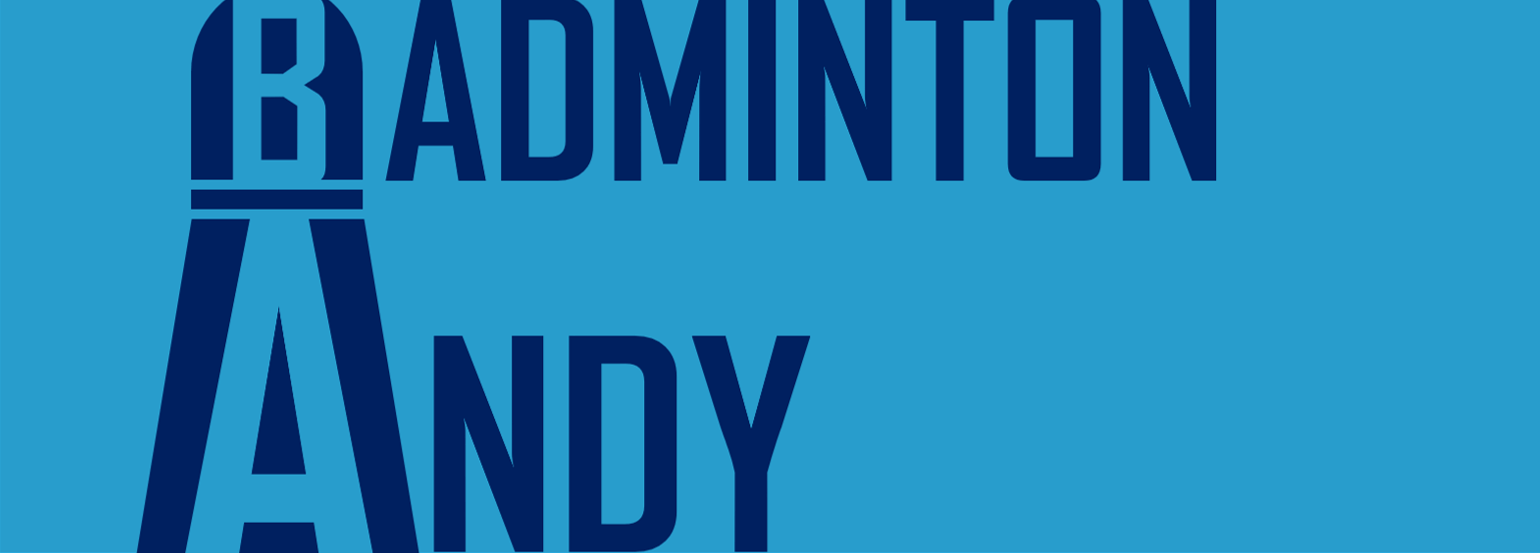

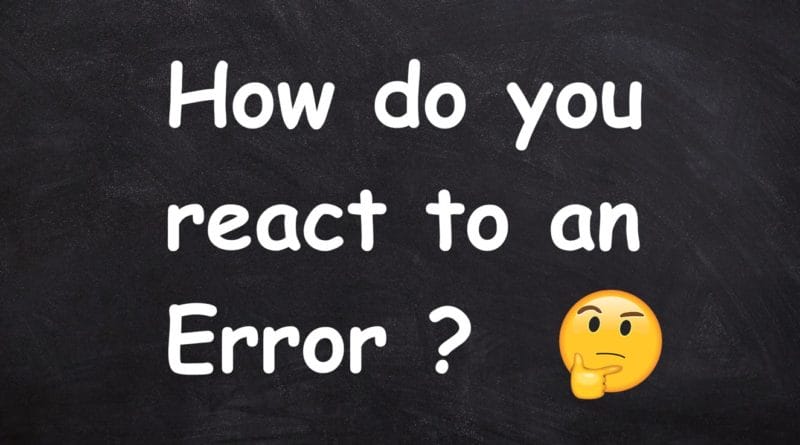
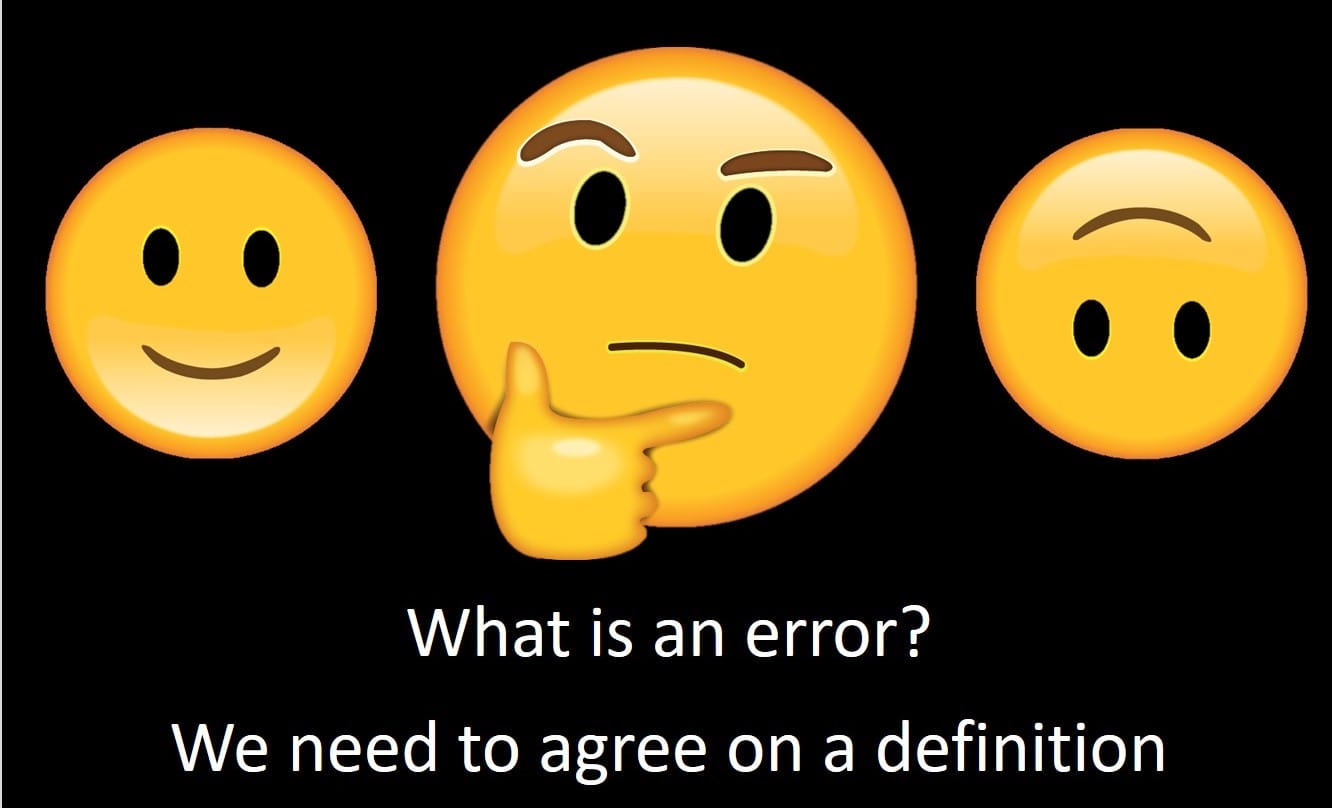
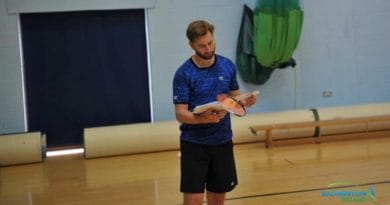
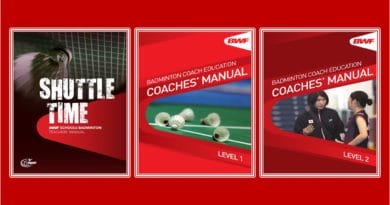
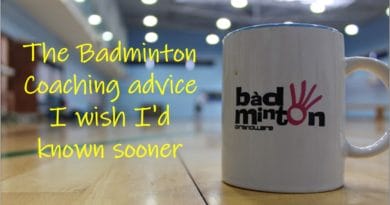
Very interesting reading, and thought provoking… I agree with the coaching tips for players and coaches.
For discussion: from personal experience, which I think fits into this discussion thread on errors; for players, understanding in competition that no one player is perfect is key (no matter what level you’re up against)…
so is the mantra that practice makes permanent (not perfect).
So my point, players should stop trying to be perfect and should start trying to be awesome!
You then have to use this awesome to beat (or be better than) your opponent.
Hey DB, thanks for the comment, always appreciated your thoughts!
I agree that seeking perfection is not the goal. Should it be trying to the best you can be or as you suggest “try to be awesome!”. I do like that thought 🙂
Players, coaches, parents and observers should start to look for moments of “awesomeness”, now that would that be a fun thing to do!
Hi Coach
Once again a great thought provoking article. I agree 100% that seeking perfection definitely puts added undue stress on the player and perhaps the coach. In thinking about errors and how we react to them, I’m always taken back to something I read by Coach Alan Stein Jr.
He talks about the philosophy of playing present. Playing present is about the 3 areas where players should place their focus:
1) Focus on the next play ( he’s references are generally basketball related) in badminton I would imagine it would be focus on the next point. Mulling over a lost point will never benefit a player and can only lead to more lost points. Rather focus on the next point because that’s the only point I can have any effect on.
2) Focus on the 2 things you have 100% control over, 100% of the time and that’s; Attitude and Effort.
There’s a massive difference on players who get down on themselves if they make and error and those that move on, almost forgetting about the error the moment they make it.
3) Focus on the process. In other words focus on getting better in each rep, of every set, in every drill in every practice and when you poke your head up to see where you’re at, you’ll discover a solid game with very few flaws.
This philosophy has been a great help is trying to teach my players on how to deal with mistakes and adversity on the court. Hopefully you find it useful too.